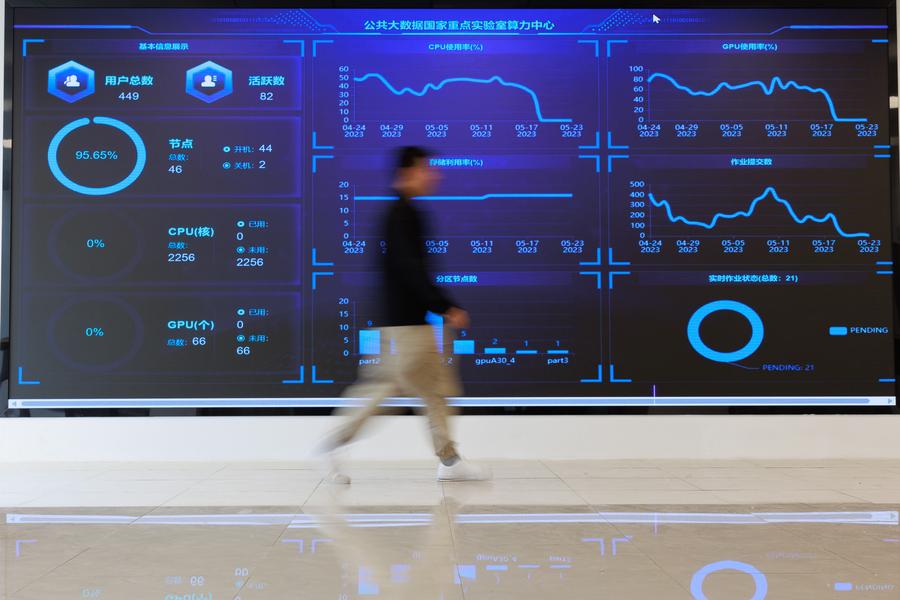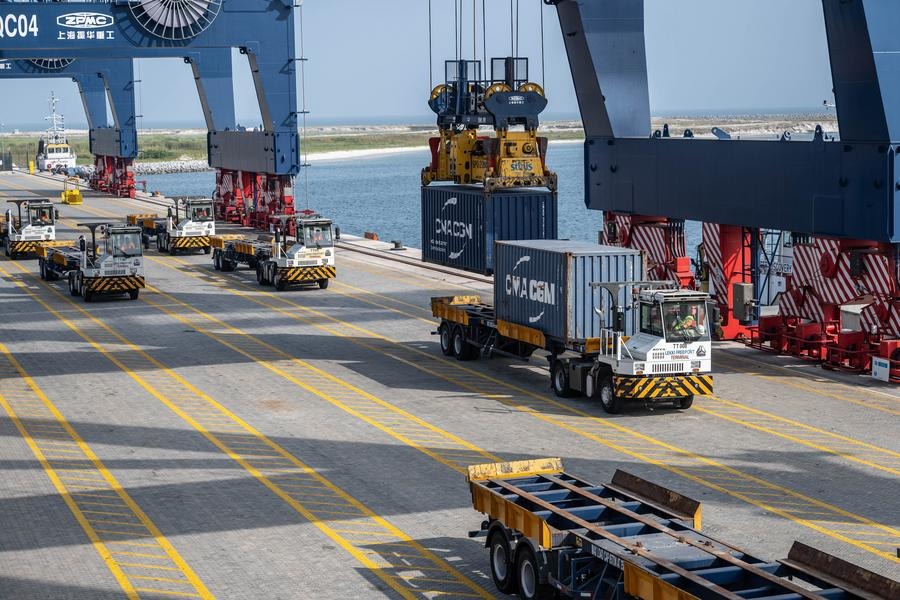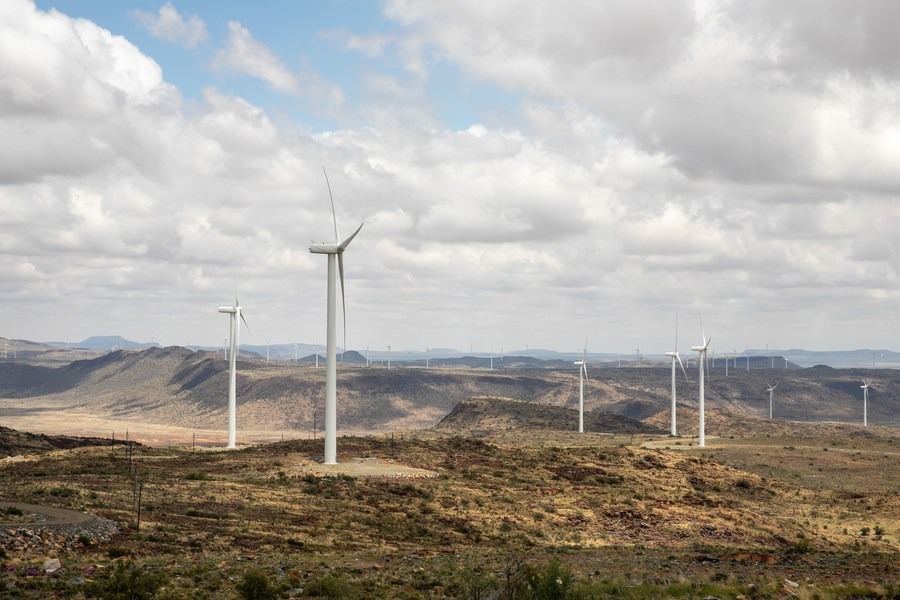Computing power network will match AI's demands, say industry leaders


In the near future, people will access computing power as easily as they do tap water and electricity, according to industry leaders speaking about the growing demands from artificial intelligence applications.
The vision was highlighted on Tuesday during the Computing Power Network: Smarter Network for a Smart World program organized by the World Internet Conference (WIC) at the Mobile World Congress in Barcelona, Spain, which ends on Thursday.
The so-called computing power network is an information infrastructure that allocates and flexibly schedules computing, storage, and network resources among different centers, locations, and devices on demand.
Zhuang Rongwen, minister of the Cyberspace Administration of China and chair of the WIC, said at the event that the wide usefulness of big data and AI technology has created a thirst for computing power, and building computing power networks will converge formerly isolated data centers, supercomputers, and edge computing nodes.
"We can foresee that computing power networks in the era of information will play roles resembling the waterways in the era of agriculture, and electricity grids in the industrial era," said Zhuang in his opening speech. "It will increase productivity and efficiency, and inject strong momentum in human social and economic development."
In 2022, China launched a mega project called Dong Shu Xi Suan, which will channel computing resources from the country's west to the east. The project involves the construction of eight national computing hubs as the backbone connection to China's computing network, and the building of 10 national data center clusters.
Once complete, the networks will enable computing power generated in China's western regions, such as the Inner Mongolia autonomous region and Gansu province, which are rich in renewable energy, natural resources, and land, to meet the needs of processing data in the populous eastern regions, such as the Yangtze River Delta and the Guangdong-Hong Kong-Macao Greater Bay Area, where the scale of the digital economy is huge and where smart-city development is in full swing.
John Hoff man, CEO of the Global System for Mobile Communications Association, organizer of MWC, said Chinese operators are leading the deployment of computing power networks and emphasized the importance of global collaboration in the field.
Noting China's growing cloud services, its huge investment in AI models, and robust 5G network infrastructure, Hoff man said: "As an industry, our next phase of growth is going to come from opening up … We have a chance here to work together to build a deep ecosystem for innovation across industries, unlocking the value of 5G, underpinned by computing power. We must continue to partner."
The collaboration is underway, as Zhao Houlin, former secretary-general of the International Telecommunication Union, said, with Chinese enterprises promoting work on the first international standards about the computing power network's framework and architecture, which were adopted by the ITU in 2021.
Zhao said the ITU adopted another two standards, regarding the computing network service deployment and border gateways, last year, which were laid out by Chinese telecom operators.
"I believe that computing power networks, supported by these technical standards, will provide a more economic and ubiquitous computing power supply for digital transformation," he said.
Senior executives from seven major players in the field attended the conference, including from Chinese companies China Telecom and ZTE Corporation, as well as US chip and device makers, Qualcomm, IBM, and Micron. Each shared the latest technologies and products related to computing power networks.
Liu Jun, executive vice-president of Lenovo, said the company advanced its partnership with Barcelona Supercomputing Center last year, to focus research on Spain's technology goals, which include personalized medicine in clinical practice, chip design, and energy-efficiency in supercomputers.
"Lenovo's computing center deployed in Torre Girona Chapel in Barcelona is also providing computing power to support scientific research, including in vaccine development, new materials, and climate change, in several European countries," he said.

































